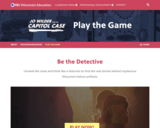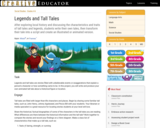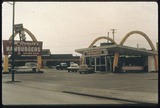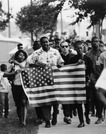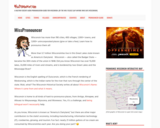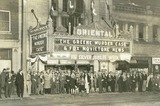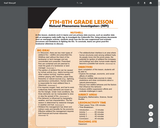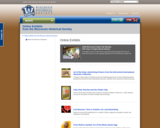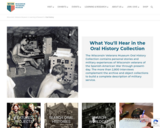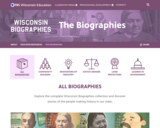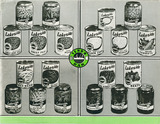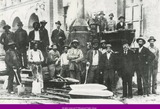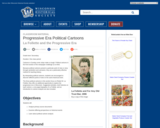
Jo Wilder and the Capitol Case is a tool for students to engage in critical thinking and historical inquiry. As the plot unfolds, players come across primary source materials. Players use the same skills as real historians: investigation, identification, corroboration and contextualizing evidence. To win each challenge, players must piece together the evidence to argue their case. The game was designed by WPT Education, Field Day Lab, and a cohort of 3rd-5th grade social studies teachers. The game was tested by students throughout the state of Wisconsin.
- Subject:
- Civics and Government
- Social Studies
- U.S. History
- Material Type:
- Assessment
- Game
- Provider:
- PBS Wisconsin Education
- Author:
- Field Day
- PBS Wisconsin Education
- Date Added:
- 11/26/2018
